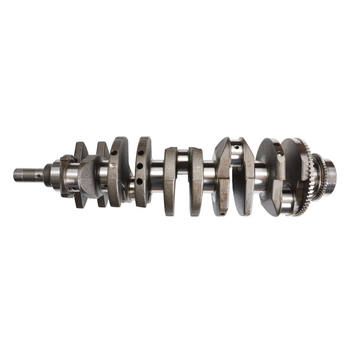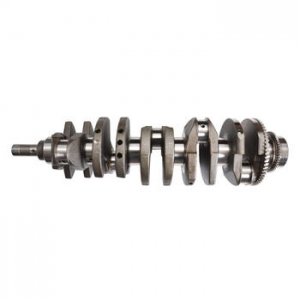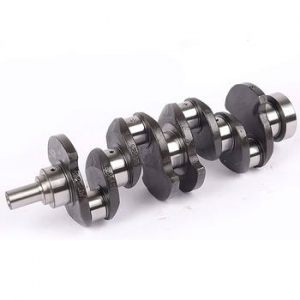Understanding Crankshaft Failure
Crankshaft failure in high-stress engines can lead to costly repairs and unexpected downtime. Frankly speaking, it's a nightmare for any engine operator. But what exactly causes crankshaft failure, and how can you prevent it?
Common Causes of Crankshaft Failure
The most common causes of crankshaft failure include:
Importance of Regular Maintenance
Regular maintenance is absolutely necessary to prevent crankshaft failure in high-stress engines. By following a consistent maintenance schedule, you can catch potential issues before they become serious problems.
Recommended Maintenance Practices
Here are some recommended maintenance practices to prevent crankshaft failure:
- Regularly check and change engine oil
- Inspect crankshaft bearings for wear and damage
- Monitor engine performance and address any abnormalities
- Follow manufacturer guidelines for maintenance and inspection intervals
Proper Lubrication Techniques
Proper lubrication is extremely important in preventing crankshaft failure. Here are some tips for ensuring adequate lubrication:
- Use the correct oil viscosity and type for your engine
- Check oil levels regularly and top up as needed
- Change oil filters at recommended intervals
- Monitor oil pressure and temperature
Avoiding Overloading Your Engine
Overloading your engine can put excessive stress on the crankshaft, leading to failure. Here are some ways to avoid overloading:
- Follow manufacturer guidelines for maximum load capacity
- Monitor engine performance and adjust load as needed
- Ensure proper fuel and air mixture for optimal combustion
Addressing Wear and Tear
Wear and tear is inevitable in high-stress engines, but you can take steps to minimize its impact on the crankshaft. Here are some tips:
- Regularly inspect crankshaft bearings and replace as needed
- Install vibration dampers to reduce engine vibration
- Use high-quality engine components to extend lifespan
Conclusion
In my experience, preventing crankshaft failure in high-stress engines comes down to regular maintenance, proper lubrication, and smart operating practices. By following the tips and guidelines outlined in this article, you can keep your engine running smoothly and avoid costly repairs.
Final Thoughts
So there you have it - essential tips and maintenance practices for preventing crankshaft failure in high-stress engines. Remember, an ounce of prevention is worth a pound of cure. Investing in regular maintenance and following best practices can save you time, money, and headaches in the long run.




